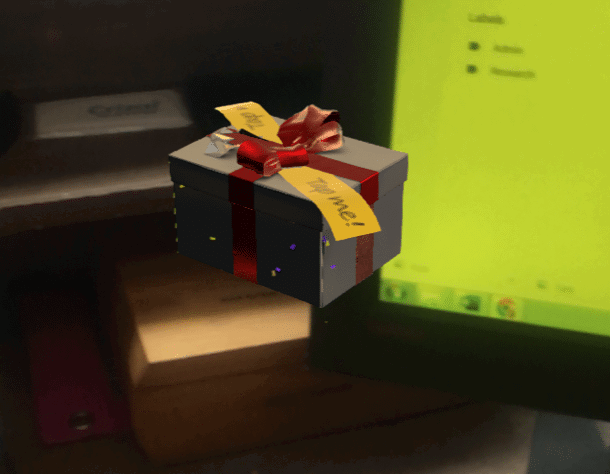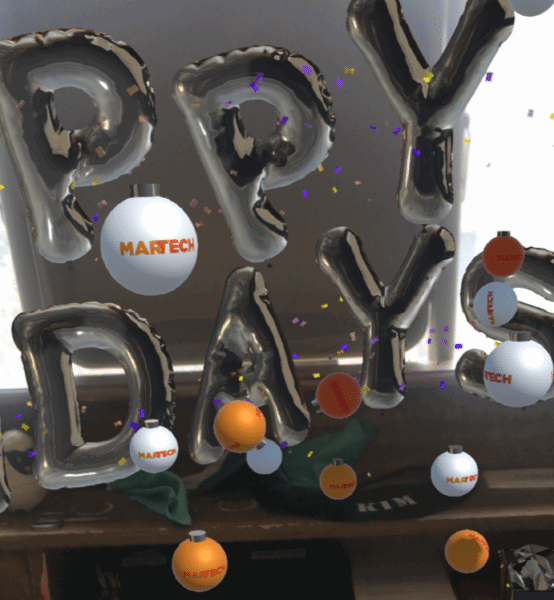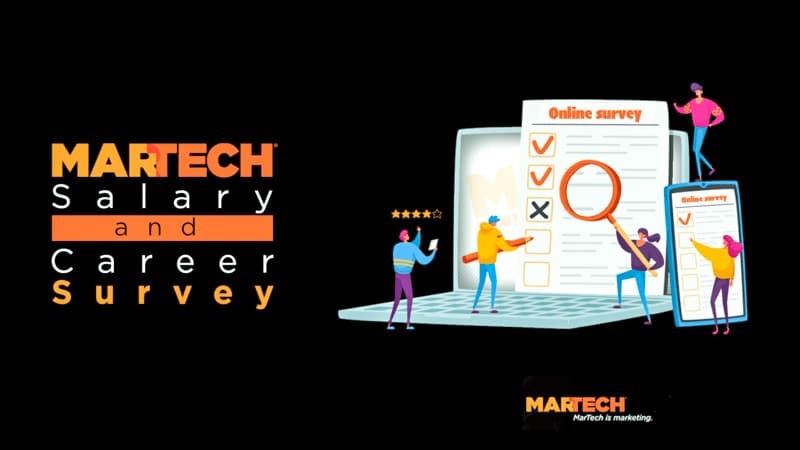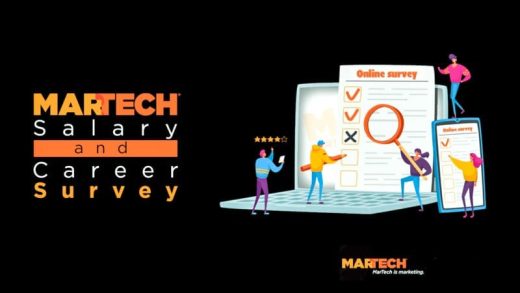AR-powered gift cards for the holidays and beyond
Cardii is a start-up using AR and AI to reimagine gift cards for B2B and inhouse engagement.
“If you got a gift card from a traditional gift card company, you would never say ‘Hey, that’s a great experience, let me give it to my niece as well.’ Today it’s just an email, digital, flat, static gift card — there’s no experience there to share.”
That’s a landscape Du Nguyen is seeking to transform with his AR-powered gift card start-up Cardii. He’s assisted in the effort by his strategic advisor Karen Steele, former CMO of Lean Data and a senior marketing executive at Marketo. “If I was at Marketo or Lean Data right now,” she told us, “I could have my logo there, I could have a personalized card inside for the individual — company-branded plus individually-branded and with unique content.”
For years, marketing teams just sent emails with a link to a static gift card. “It’s so impersonal,” said Steele. “Half the time people don’t even click on the link, and if they do click they often don’t redeem it.”
The Cardii experience
The best way to understand what Cardii is offering is to receive one of their experiential gift cards. Email is used to notify the receiver that they have a Cardii gift card; they then need to download the Cardii app to experience it.
It is indeed a true augmented reality experience. On opening the card, my phone showed me a gift box floating above my desk.

Tapping the gift box on the screen of my phone released a Happy Holidays greeting and a shower of tree decorations, each bearing a MarTech logo. The card is automatically stored in the Cardii app’s wallet and can be viewed multiple times.
One other unusual thing: The recipient can choose where to redeem the gift card from a long list of well-known merchants. What arrives as a $ 10 Starbucks gift card can be converted in a couple of clicks to a card that can be used on Amazon, for example, or at Macy’s.

The experience validated Nguyen’s claim: “We can brand it with the corporate branding of a particular company but we also have the ability to drill down to individuals as well. It goes down to the personal level from an experience standpoint and from a gifting standpoint as well.”
Right now, Cardii’s target audience is B2B marketers. “The primary use cases we are thinking about are right across the go-to-market spectrum,” said Steele. “Door openers for SDRs to create meetings, getting people to sign up for content, creating cool stuff around event experiences, all right in this card that gets delivered literally to the palm of your hand, in your smartphone.” Brand immersive experiences. 3D, dynamic.”

Take Martech’s 2024 Salary and Career Survey
From AI to layoffs, it’s been quite a year. We’d like to know how it’s been for you. Please take this short survey so we can have your input on the state of martech salaries and careers.
But Cardii foresees B2C use cases too. There are options in Cardii’s library that are more gamelike or interactive, Nguyen said. One opportunity he and Steele have been discussing is sports marketing. “Creating fan engagement while you’re in a stadium,” Steele explained. “There’s some really interesting stuff there because you are delivering this experience directly to a smart phone and if you can personalize it, there’s so much marketing that goes on inside and outside the stadium to create fan engagement, to get people to the game, to promote concessions at the game.”
Engaging with employees
Cardii also presents occasions to honor employees. One enthusiastic Cardii client, Mike Biwer, has been using it for just that. Biwer is CEO of software platform Cavallo. He describes their mission as offering “profit-making technology for wholesale distibutors.”
His first use case for Cardii was triggered by a rebranding of Cavallo. “I wanted a way to reward my team. It was a tremendous effort to go through the rebrand. We’re a tech company, so I thought it would be super cool to reward my team and to do so using a new technology. The Cardii team delivered a really nice design that leveraged our new logo. Our employees had the chance to open up this new technology, get rewarded, have an experience — I just thought it was a great idea.”
Biwer has only used Cardii for his internal team so far, but he sees marketing opportunities. “The ways I want to use it would be for prospects; in person, perhaps, with a potential customer; maybe with a real customer. It’s a nice way to deliver a personalized experience and I can see many different ways to use it.”
Cardii for the holidays
It’s becoming increasingly common for start-ups, including those in the B2B tech space, to offer a free or inexpensive trial as, in effect, a demo for prospective customers. That’s what Cardii is doing for the 2023 holiday season.
“Every company, regardless of size, is focused on getting out a holiday message to their customers and partners, potentially to their employees,” said Steele, “so we’re running a holiday promotion. We’ve created a cool holiday experience that can be branded and personalized. It’s going to run through January 15.”
Customers will still have to pay the cost of the card but Cardii will tackle the customization and implementation work for free. “Also, on the Cardii platform, we’ve added about 2,500 charitable organizations; if they don’t want to give gifts but want to donate, they can do that too,” said Steele.
“I don’t know why anybody would use any other gift card mechanism,” said Biwer. “When you can personalize this thing, I don’t know why you would keep doing it the old way.”
The post AR-powered gift cards for the holidays and beyond appeared first on MarTech.
(36)


